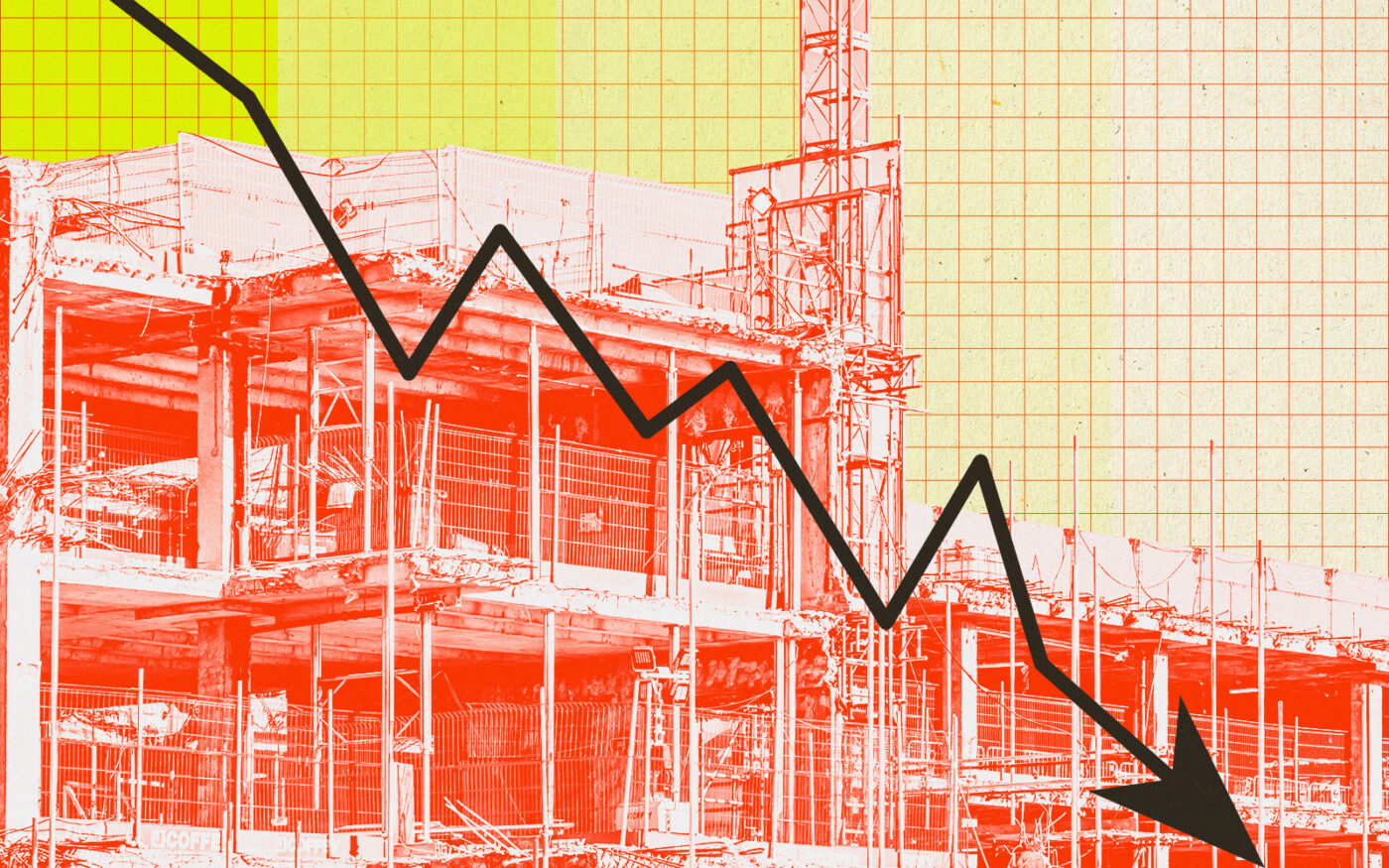The multifamily construction boom has been reduced to little more than an echo, delivering on its expected fallout as markets deal with oversupply.
Construction starts for developments with five units or more last month notched an annualized rate of 290,000 units, according to Bisnow. The data comes courtesy of a recent monthly report released by the U.S. Census Bureau and the Department of Housing and Urban Development.
Those starts are at significantly lower levels from a year ago, when multifamily projects were still all the rage. Starts for such units dropped 43.7 percent year-over-year; there were more than 500,000 units getting underway in March 2023.
Permitting for multifamily developers also took an annual dive. The indicator of development fell 17.5 percent year-over-year in March, though it was up slightly from February.
Completions for multifamily projects, meanwhile, recorded an annualized rate of 502,000 units in March. While that’s down 19.9 percent from February, it’s a higher rate of completions than all but two months of 2023.
The completion data points towards one of the reasons construction starts have declined so much from recent years, when builders rushed to start projects.
“A higher pace of completions in 2024 for multifamily construction will place some downward pressure on rent growth,” National Association of Homebuilders’ Danushka Nanayakkara-Skillington wrote in a recent blog post.
Rents skyrocketed in the immediate aftermath of the pandemic. They surged alongside mortgage rates, which kept would-be homebuyers from making the leap to ownership; mortgage payments were more expensive than rent payments for many.
But rent growth has either slowed or reversed altogether as some markets contended with oversupply.
In February, Zumper’s national rent index for one-bedroom units declined year-over-year for only the second time in a three-year period. Seasonal winter slowdown could be partially responsible, but record apartment supply — particularly in the Sun Belt and Intermountain regions — may continue to play a role when the temperatures rise.
Read more



